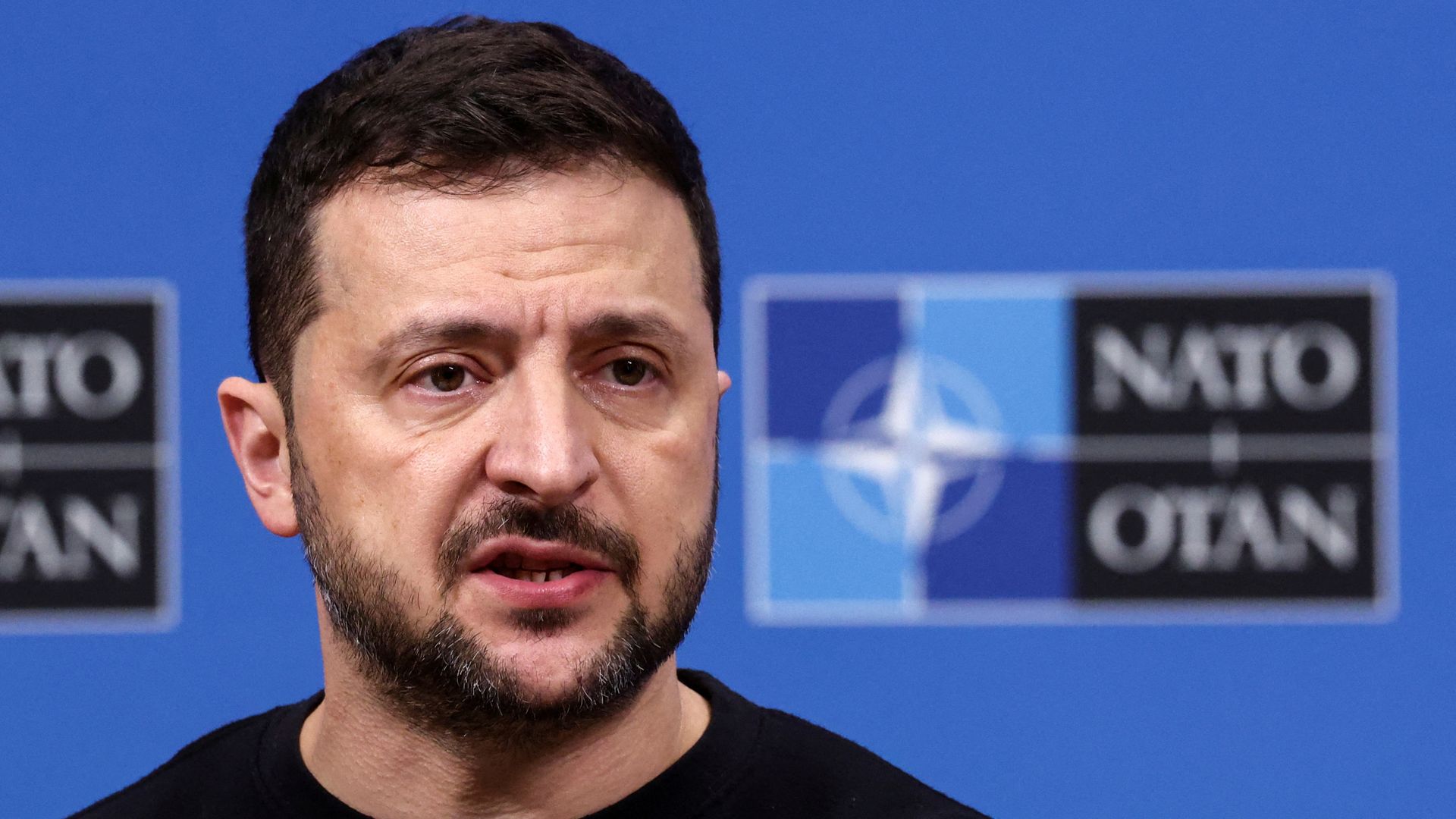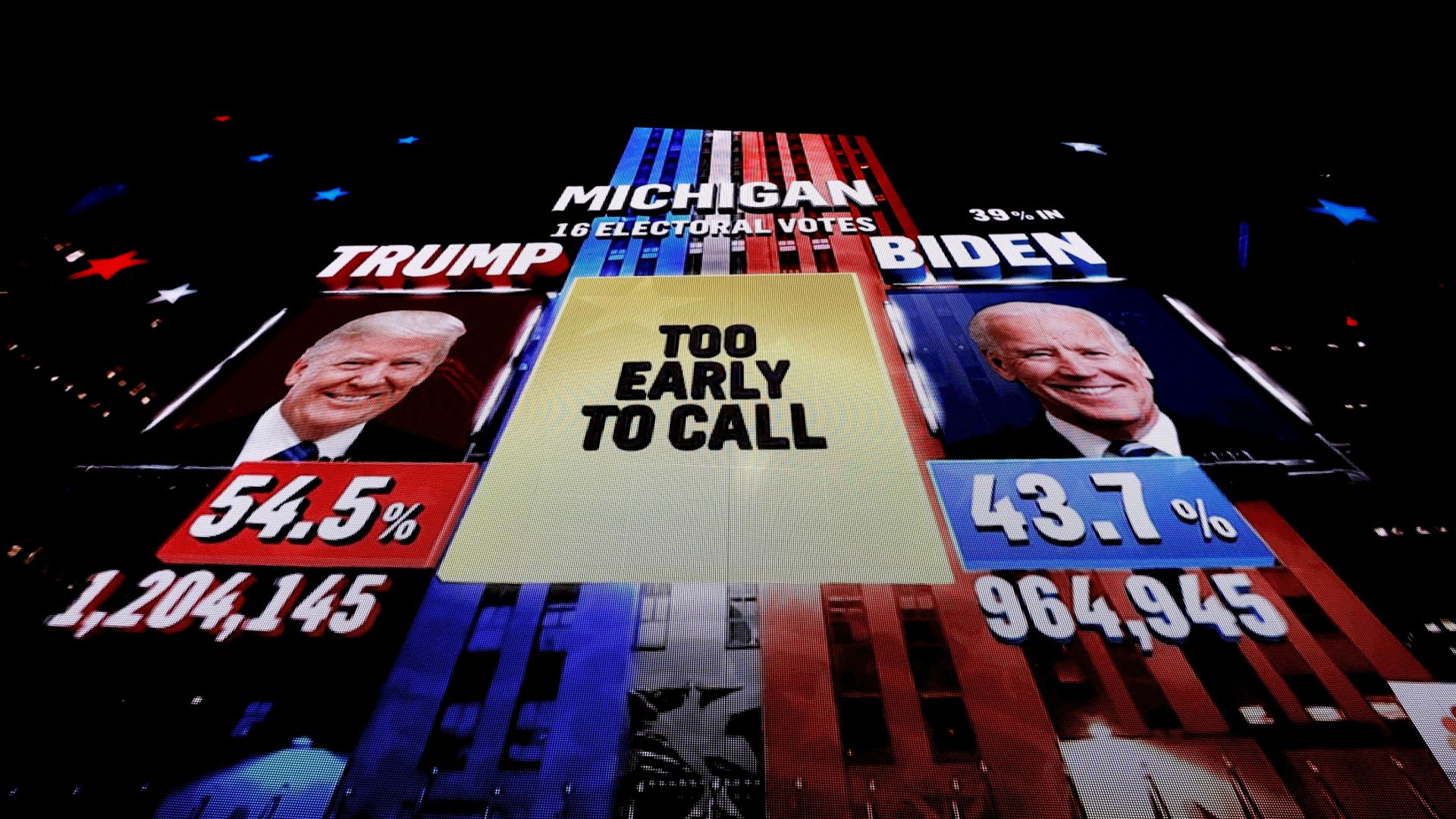10,000 police officers and soldiers have been sent by El Salvador’s government to seal off a town on the outskirts of the nation’s capital to search for gang members.
President Nayib Bukele has been cracking down on street gangs that have extorted money from businesses and ruled many neighbourhoods of the capital, San Salvador, for the past nine months.
The latest operation was one of the largest mobilisations yet in the Central American country.
The troops checked people’s documents as they blocked roads going in and out of the township of Soyapango, while special teams went into the town looking for gang suspects.
“Starting now, the township of Soyapango is completely surrounded,” Mr Bukele tweeted.
He also shared videos showing ranks of rifle-toting soldiers.
More than 58,000 people have been imprisoned since a state of emergency was declared following a wave of homicides in late March.
El Salvador: State of emergency declared after 76 gang-related killings in just two days
El Salvador’s president pledges to build ‘Bitcoin City’ at base of a volcano
El Salvador’s national Bitcoin system crashes as cryptocurrency becomes legal tender
The mass round-ups have been condemned by rights activists, who say young men are often arrested based on their appearance, age or where they live in a gang-dominated slum.
The right of association, the right to be informed of the reason for an arrest and access to a lawyer are suspended under the decree. The government can also intervene in the calls or mail of anyone considered a suspect.
An individual can now be held without charges for 15 days after it was extended from three days.
El Salvador’s gangs have been estimated to count some 70,000 members in their ranks and have long controlled swaths of territory and extorted and killed with impunity.
But earlier this month, Mr Bukele’s crackdown reached another level when his government sent inmates into cemeteries to destroy the tombs of gang members at a time of year when families typically visit their loved ones’ graves.
Some several thousand human rights violations and at least 80 deaths in custody have been counted so far during the crackdown by nongovernmental organisations.











